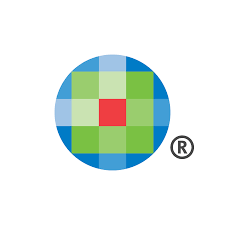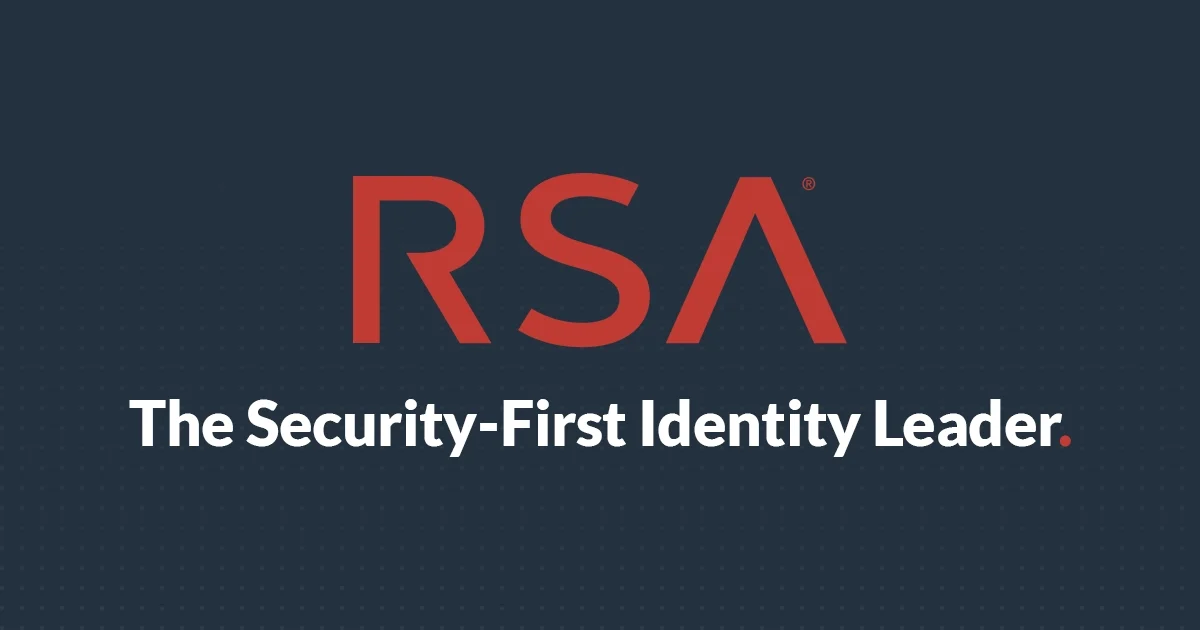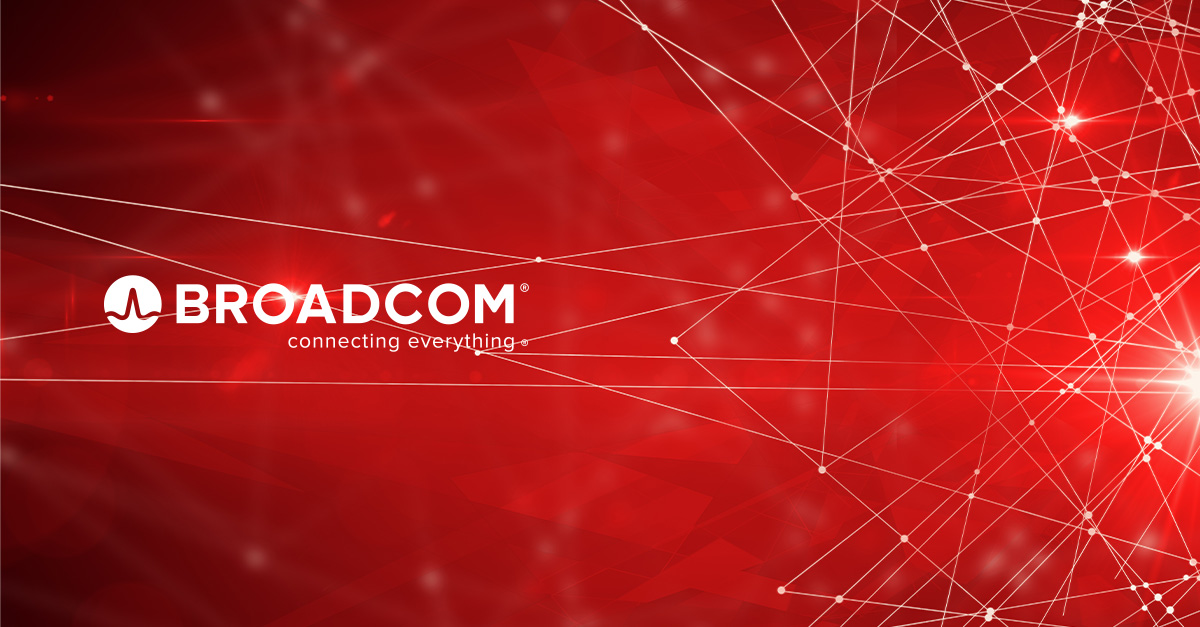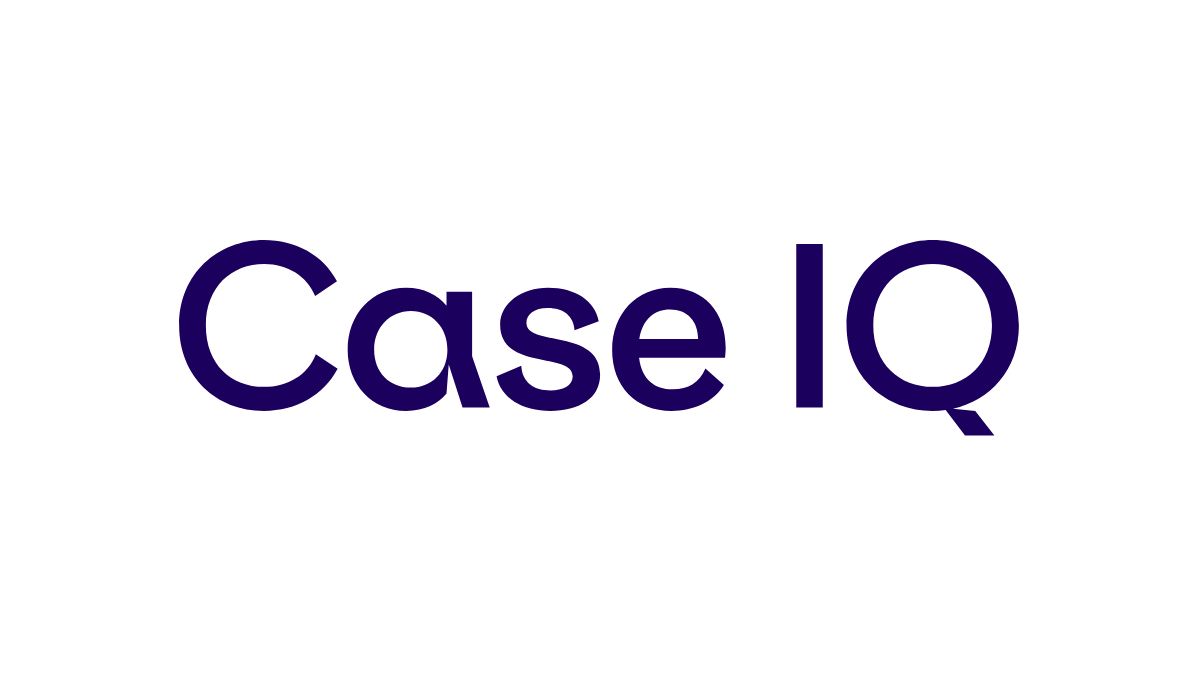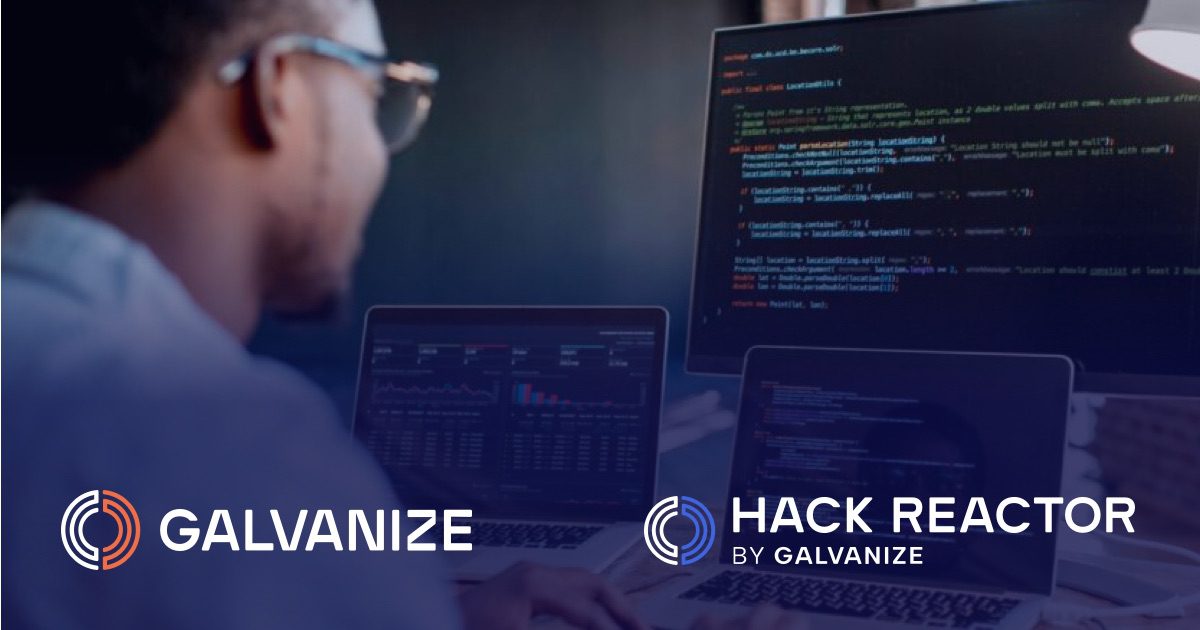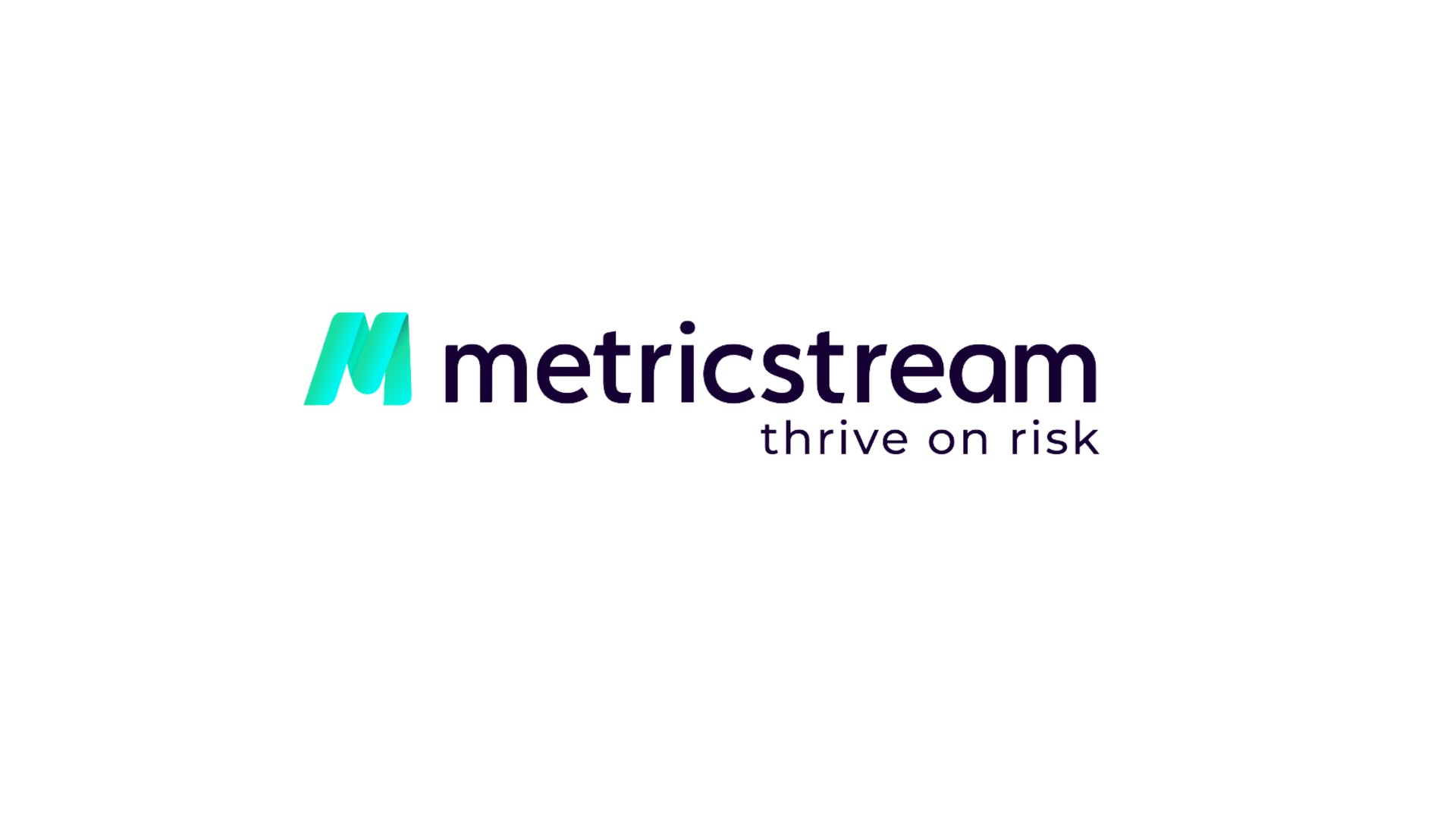Introduction
Governance, risk management and compliance (GRC) needs are growing rapidly across industries due to increasing regulations and oversight requirements. Manual and decentralized processes are no longer sufficient to ensure robust compliance. It has become important for organizations to adopt integrated GRC platforms that can streamline complex compliance activities, provide real-time risk visibility and automate routine tasks. In this blog, we evaluate 15 of the leading GRC platforms based on important parameters to help you choose the right solution.
Methods of Evaluation
To evaluate the platforms, we considered various conventional parameters like features, functionality, pricing, customer experience etc. In addition, we also looked at some modern metrics like number of backlinks, traffic and keyword trend on Google to understand the search popularity and market positioning of these companies. This helped us gain a holistic view of how enterprise-ready, customizable and future-proof these solutions are to simplify your evolving compliance needs.
1. IBM Security GRC
IBM Security GRC is IBM’s flagship governance, risk and compliance platform. As one of the leaders in the GRC space, IBM Security GRC provides a powerful and unified platform to help organisations identify, measure and manage risks across their operations.
Pros: Key advantages of IBM Security GRC include its powerful AI and automation capabilities which help analyses risks faster, its tight integration with IBM security products for unified vulnerability protection, and its ability to help manage risks across IT, finance, HR and operational functions in an organization.
Cons: A potential disadvantage is that as a highly robust enterprise solution, IBM Security GRC requires more implementation and maintenance resources compared to some simpler GRC platforms.
Pricing: IBM Security GRC pricing is customizable based on the needs and size of an organization. It offers perpetual and subscription licensing options. Contact IBM sales for a customized quote.
Some key stats about IBM Security GRC include: used by over 5,000 organizations worldwide, integrated risk management for over 1 billion assets, supports over 30 languages, and certified to over 100 security and privacy standards including ISO, NIST and PCI-DSS.
2. SAP GRC
SAP GRC is SAP’s governance, risk, and compliance platform. It helps organizations address risk, manage compliance, and improve processes across their business. The platform integrates well with other SAP applications for a unified view of governance, risk, and compliance across the entire enterprise.
Pros: The key advantages of SAP GRC are: Integrates well with other SAP applications for enterprise-wide GRC. Customizable to fit unique business needs. Robust risk modeling and scenario analysis features.
Cons: A potential disadvantage is the high cost of implementation and ownership of a full SAP enterprise suite including GRC. It may not be suitable for some smaller organizations or startups with limited budgets.
Pricing: Pricing for SAP GRC varies based on the size and needs of the organization. It is typically sold as a subscription model with annual licence and support fees. Implementation services and custom configuration also factor into the total cost of ownership.
Some key stats about SAP GRC include: supports over 3,500 customers globally, processes over 80% of the world’s transactions each day, over 440,000 customers run SAP applications. SAP GRC covers regulations in over 60 countries.
3. Wolters Kluwer TeamMate
Wolters Kluwer TeamMate is a governance, risk management and compliance platform developed by Wolters Kluwer. TeamMate helps organizations strengthen controls, minimize risk exposure and improve audit efficiency. It offers capabilities across audit management, risk management, compliance management and policy management.
Pros: Some key advantages of Wolters Kluwer TeamMate include:
– Comprehensive platform with mature audit capabilities.
– Supports evolving audit needs with new capabilities addition.
– Flexible workflow and checklist features.
Cons: One potential disadvantage could be the solution may have a relatively higher total cost of ownership compared to some other options due to its comprehensive nature.
Pricing: Wolters Kluwer TeamMate pricing is customizable based on organizational needs. It offers flexible pricing models like perpetual licenses, annual subscriptions and cloud/SaaS subscriptions. Contact their sales team for a customized quote.
Some key stats about Wolters Kluwer TeamMate include:
– Used by over 4,500 customers globally across industries like financial services, healthcare, energy and more.
– Supports 35+ languages with customers in over 90 countries.
– Over 30 years of experience in the GRC space.
4. OneTrust
OneTrust is a leading privacy management software provider based out of Atlanta, Georgia. Founded in 2016, OneTrust has quickly become the industry standard for managing privacy and data governance needs. With over 10,000 customers worldwide, OneTrust provides a comprehensive platform to address an organization’s growing regulatory and compliance requirements across privacy, security, data governance,GRC, ethics and ESG.
Pros: Some key advantages of the OneTrust platform include:
– Comprehensive platform for privacy management needs
– Strong consent and preference management capabilities
– Mapping of privacy controls to frameworks like NIST, ISO etc.
Cons: A potential disadvantage is the platform may provide more capabilities than needed for some basic privacy programs, driving up costs.
Pricing: OneTrust offers flexible pricing plans to fit different business needs. Pricing is typically based on the number of records under management and additional services/modules required. Custom quotes are available upon request.
Some key facts about OneTrust include:
– Over 10,000 customers globally including 30% of the Fortune 500
– Supports over 275 countries and territories
– Processes over 6 billion preferences annually
– Maps privacy controls to over 45 frameworks including GDPR, CCPA, LGPD and HIPAA
5. RSA Archer
RSA Archer is a leading GRC platform developed by RSA. Archer provides integrated risk, audit and compliance management capabilities to help organizations manage regulatory obligations and reduce business risks. The platform has been in the market for over 20 years and is used by many large enterprise customers globally.
Pros: Some key advantages of RSA Archer include:
– Mature platform with comprehensive functionality for assessing risks, monitoring controls and streamlining audits.
– Highly configurable solution that can be tailored to specific industry and regulatory needs of an organization.
– Ability to centrally manage third-party risks by assessing and monitoring vendors and suppliers.
– Regular updates that keep the platform aligned with changing compliance requirements.
Cons: One potential disadvantage could be the complex implementation and higher cost of ownership compared to some other GRC solutions since it is targeted more toward large enterprises with sophisticated requirements.
Pricing: RSA Archer pricing is typically based on the number of users, modules and technical requirements. Basic GRC functionality is available starting at around $100 per user per month. For complex enterprise implementations, the annual license and support cost per user can be over $1,000.
Some key stats about RSA Archer include:
– Over 5,000 customers worldwide across industries like finance, healthcare, energy and more.
– Supports over 250 regulations and standards out of the box like SOX, GDPR, ISO 27001.
– Provides visibility across 200+ risk factors and controls.
– Integrates with over 50 systems like ServiceNow, SAP and Oracle using APIs.
6. Bwise
Bwise, part of Broadcom, is a leading GRC platform for integrated risk management, audit and compliance. The Bwise platform has been helping customers gain visibility and control over their business risks for over 20 years.
Pros: Some key advantages of the Bwise platform include:Feature-rich platform for integrated risk, audit and compliance monitoringEasy deployment on-premise or in the cloudStrong analytics and reporting for Board-level risk oversight
Cons: One potential disadvantage is that the Bwise platform requires dedicated resources and expertise to fully deploy and utilize all of its capabilities. This means there is a learning curve and investment required to maximize value.
Pricing: Bwise is priced based on the number of users, modules selected, and required customizations or services. It offers flexible subscription-based pricing for both on-premise and cloud deployments. Contact Bwise sales for a customized quote.
Some key stats about the Bwise platform include:Used by over 5,000 customers worldwide in industries like financial services, healthcare, energy and more.Supports over 30 country-specific regulatory frameworks out of the box.Integrates with over 150 systems like SAP, Oracle, Salesforce and more via APIs.
7. SafetyCulture
SafetyCulture is a leading mobile-first Governance, Risk and Compliance (GRC) platform that helps organizations efficiently manage audits, inspections and critical tasks. Founded in 2009, the platform is used by over 15,000 customers across various industries like construction, manufacturing, oil and gas to simplify compliance.
Pros: The key advantages of SafetyCulture include:
– Simplifies compliance across environments easily with a centralized platform
– Provides real-time visibility and monitoring of operations with automated alerts and notifications
– Enables efficient auditing, inspections and training management with customizable checklists and forms
Cons: One potential disadvantage is that the platform may not be as feature-rich compared to some higher priced GRC solutions in the market.
Pricing: SafetyCulture offers flexible pricing plans starting from a free Basic plan for up to 3 users. Their premium Professional ($59/month per inspector) and Enterprise (custom pricing) plans offer more features, storage and support.
Some key stats about SafetyCulture include:
– Over 15,000 customers worldwide
– Used across various industries like construction, manufacturing, oil and gas
– Available on both iOS and Android with easy to use mobile apps
8. Ideagen Compliance
Ideagen Compliance is a leading GRC software provider that helps organizations achieve operational excellence and ensure regulatory compliance. Ideagen offers a fully integrated GRC platform specialized for regulated industries like life sciences. Their software provides seamless oversight of key compliance functions including quality management, safety management, and governance.
Pros: Some key advantages of Ideagen Compliance include:
– Powerful GRC platform specialized for life sciences industry
– Robust support for regulations like ISO 13485, MDR, GDP etc.
– Seamless compliance oversight across quality, safety and governance
Cons: As with any software, full customization to an organization’s unique needs and processes may require additional configuration. Initial implementation also requires time for setup and user training.
Pricing: Ideagen Compliance offers flexible subscription-based pricing tailored to business needs. Pricing is typically based on number of users, roles, and modules required. Contact Ideagen for a customized quote.
Some key stats about Ideagen Compliance include:
– Over 5,000 customers worldwide across multiple regulated industries
– Powerful and flexible GRC platform used by many top pharmaceutical and medical device companies
– Robust support for major regulations and standards such as ISO 13485, MDR, GDP, and more
9. Risk-Based Security
Risk-Based Security is a governance, risk, and compliance company that offers Continuous Vulnerability Management capabilities through its Risk-Based Security solution. Risk-Based Security helps organizations identify software vulnerabilities and security risks across technologies to prioritize remediation and reduce cyber risk.
Pros: Some key advantages of Risk-Based Security include:
– Simplifies vulnerability and risk management with a single platform to monitor all assets.
– Provides continuous monitoring of technical and application security risks.
– Integrates vulnerability data with additional context like asset criticality to help prioritize remediation.
Cons: A potential disadvantage is that Risk-Based Security is primarily focused on vulnerability monitoring and management versus wider GRC capabilities like policy and compliance management.
Pricing: Risk-Based Security pricing is based on the number of assets being monitored. There are starter, professional, and enterprise tiers available. Pricing varies based on the number of IPs, domains, and APIs/applications being scanned.
Some key stats about Risk-Based Security include:
– Scans over 1 million dependencies daily to monitor known vulnerabilities.
– 3,000+ customers in over 50 countries use Risk-Based Security.
– Has over 20 years of experience in vulnerability intelligence and risk management.
10. I-Sight
I-Sight is a leading governance, risk management, and compliance (GRC) platform developed by Case IQ. Originally focused on cyber security program management, the I-Sight platform has expanded to address a wide range of enterprise risk management needs. The SaaS platform allows organizations to gain insight into risks and their impact through powerful risk modeling and visualization capabilities.
Pros: Some of the key advantages of the I-Sight GRC platform include:
– Specialized solution focused on cyber security program management
– Powerful risk modeling and visualization capabilities through its machine learning-enhanced algorithms
– Capability to manage mitigation activities continuously across the entire risk portfolio
– Extensive out of the box content for key frameworks like NIST, ISO, COSO, COBIT etc.
– Ease of deployment and configuration with no reliance on IT resources.
Cons: One potential disadvantage is that as a specialized GRC solution, I-Sight may involve a steeper learning curve compared to more generalized platforms. Initial setup and configuration also requires dedicated effort to import essential organizational data and maps.
Pricing: I-Sight pricing is based on the number of users and risks/controls to be managed on the platform. There are customizable subscription plans starting from $7,000 per year for 250 users and up to $180,000 for unlimited users and risks.
Some key stats about I-Sight include:
– Used by over 500 customers worldwide across a variety of industries
– Ability to manage over 10,000 risks and 3,000 controls
– Automates risk calculation, reporting and mitigation workflows
– Integrates with over 150 systems like ServiceNow, Microsoft, SAP etc.
– Proven track record of reducing audit finding by 60% on average.
11. Sphera
Sphera is a leading global provider of Integrated Risk Management (IRM) software, information and services. Founded in 1990, Sphera helps more than 3,000 customers across various industries manage operational risks, environmental health and safety (EHS) and product stewardship. Sphera’s cloud-based platform is customizable to multiple industry frameworks and provides customers a holistic view of EHS, operational and strategic risks across their entire enterprise.
Pros: Some key advantages of Sphera include:
– Holistic EHS, operational and strategic risk solution on a single cloud-based platform
– Highly customizable to meet requirements of multiple industry frameworks and standards
– Advanced analytics capabilities and KPI-driven customizable dashboards for real-time risk visibility and decision making
Cons: One potential disadvantage could be the high implementation and customization costs for large and complex enterprise customers due to the broad scope and capabilities of Sphera’s platform.
Pricing: Sphera pricing is typically based on number of users, modules/solutions implemented and level of customizations required. It offers both annual and multi-year subscription options. Please contact Sphera sales team for a custom quote based on your specific requirements.
Some key stats about Sphera include:
– Over 3,000 customers globally across various industries like Oil & Gas, Chemicals, Food & Beverage etc.
– Customers in over 60 countries worldwide
– Over 25 years of experience and expertise in developing IRM solutions
12. Clarizen
Clarizen is a leading GRC platform that combines key capabilities for governance, risk management and compliance with project and portfolio management. Founded in 2000, Clarizen seeks to help organizations successfully execute complex transformation initiatives through enhanced transparency, oversight and automation.
Pros: Some key advantages of Clarizen include: – Comprehensive platform combining GRC with PPM capabilities in a single solution. – Robust program and project risk oversight functionalities to help effectively manage risks. – Expertise optimizing complex transformation initiatives through their experience implementing for large enterprises.
Cons: A potential disadvantage is the solution may be overkill for some smaller organizations with less complex needs as Clarizen is targeted more towards large enterprises with sophisticated GRC and PPM requirements.
Pricing: Clarizen pricing is not publicly disclosed but is typically sold on an annual subscription basis depending on the number of users, modules and customization required. Pricing options include on-premise, cloud and SaaS deployment models.
Some key stats about Clarizen include: – Over 1500 customers worldwide across industries like technology, manufacturing, finance and more. – Supports over 500,000 users on the platform. – 20+ years of experience in the GRC and PPM software space.
13. Galvanize
Galvanize is a risk management platform that helps small and mid-sized businesses effectively govern, risk, and comply. The software simplifies complex GRC processes through an intuitive web interface that does not require specialized training. Key features include automated testing and certification workflows, as well as seamless integration with other business systems like HR platforms.
Pros: Galvanize provides clear advantages for SMBs through: – Simplified GRC processes that save time and resources compared to disparate point solutions. – Automatic testing and certifications that reduce the compliance burden. – Integrations that consolidate operational visibility without additional bespoke development.
Cons: A potential disadvantage is that the intuitive interface compromises some configurability available in more complex enterprise-grade platforms. As a result, Galvanize may not be as suitable for the most advanced compliance needs of very large global organizations.
Pricing: Galvanize pricing starts at $99 per month for the basic package. Additional user licenses are $25 per user/month. Custom training and services are also available for onboarding and advanced configuration needs.
Some key stats about the Galvanize platform include: – Used by over 5,000 organizations worldwide. – Automates compliance for over 50 international regulations and standards. – Integrates with 20+ other operational tools like Slack, Jira and HR platforms.
14. MetricStream
MetricStream is a leading GRC platform provider that enables organizations to strengthen risk management, build trust and integrity, streamline operations, and drive growth. Founded in 1999, MetricStream serves many of the Fortune 1000 companies across a wide range of industries like healthcare, financial services, energy, manufacturing and more.
Pros: Some key advantages of MetricStream include:
– Wide range of modules for different GRC needs like risk, audit, compliance etc.
– Strong reporting and dashboard capabilities.
– Continuous controls monitoring for real-time risk visibility.
Cons: One potential disadvantage is that MetricStream is an enterprise solution and can be costly for smaller organizations with fewer users and GRC needs.
Pricing: Pricing for MetricStream varies based on the number of users, modules needed and customization requirements. It is an enterprise solution aimed at large organizations with 100+ users and requires an initial setup fee along with ongoing annual subscription and support costs.
Some key stats about MetricStream include:
– Over 1500+ customers globally across industries
– Deployed in over 50 countries
– Served over 1 million users
15. AuditBoard
AuditBoard is a leading provider of audit management, risk, and compliance software. Founded in 2013, AuditBoard helps organizations streamline SOX compliance, audit, and risk management. With over 2000 customers worldwide across all industries, AuditBoard has become a trusted partner for many enterprise companies.
Pros: Some key advantages of AuditBoard include:
– Simplifies complex SOX and internal audit workflows with an intuitive interface
– Automates controls documentation and evidence collection
– Provides role-based dashboards and powerful reporting capabilities
– Integrates with other systems like Jira, ServiceNow to streamline processes
Cons: One potential disadvantage is that AuditBoard is a premium priced product aimed primarily at large enterprises. The pricing could be prohibitive for some small to medium sized businesses.
Pricing: AuditBoard offers flexible pricing based on your organizational requirements. General pricing starts at $5,000/year for the basic Starter package and scales up to custom Enterprise plans. Additional users, integrated applications and support are priced separately.
Some key stats about AuditBoard include:
– Over 2000 customers globally including 30% of the Fortune 100
– Supports over 150,000 audits and 2 million controls
– Integration with 200+ enterprise systems including SAP, Oracle, and Workday
– Recipient of multiple GRC technology leadership awards
Conclusion
Adopting the right GRC platform can help organizations overcome compliance challenges, reduce manual efforts and ensure robust governance. We hope this evaluation of the top 15 platforms provides you insights to simplify your selection process. Do your own due diligence on the shortlisted solutions based on your unique industry and regulatory requirements before finalizing the best fit.






